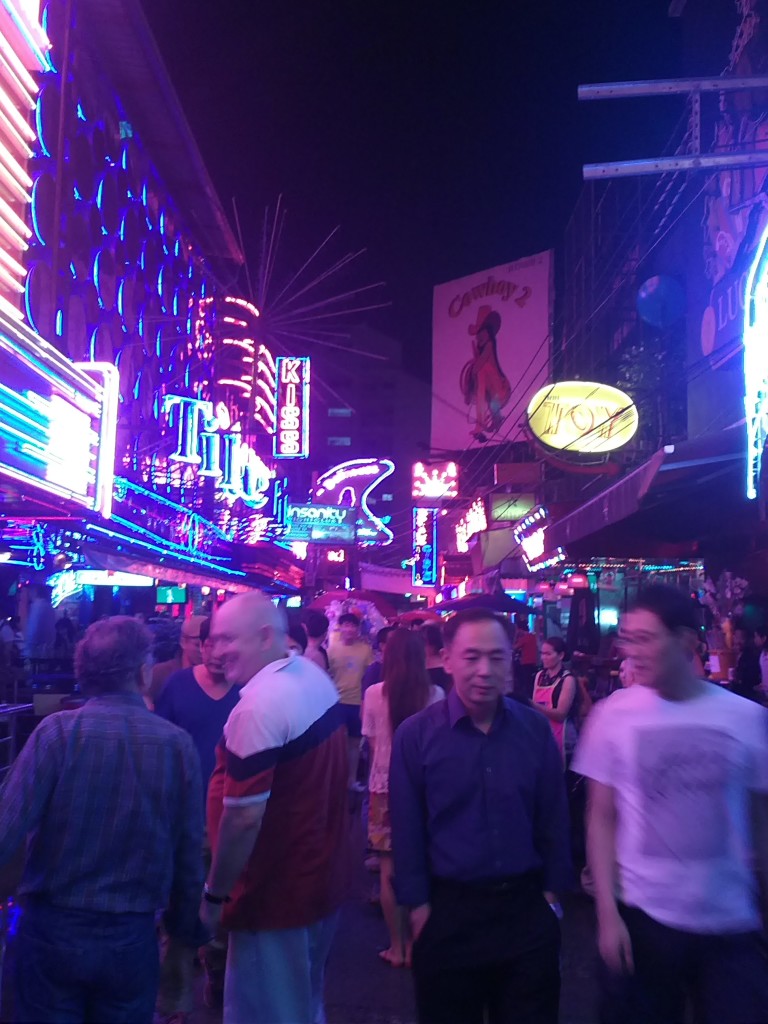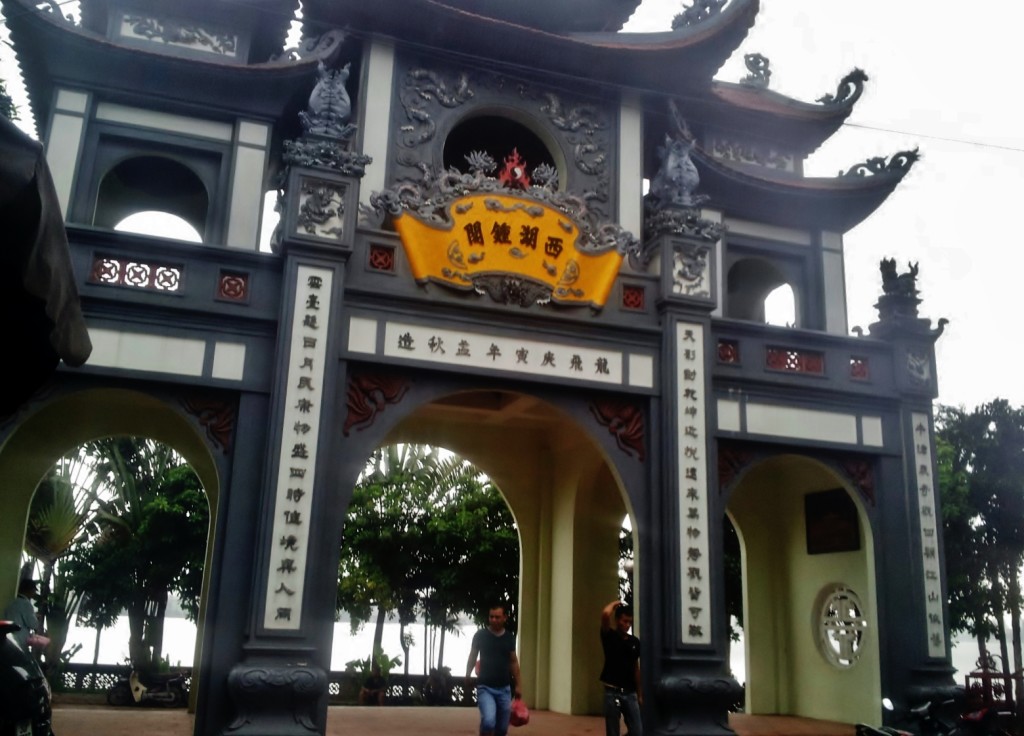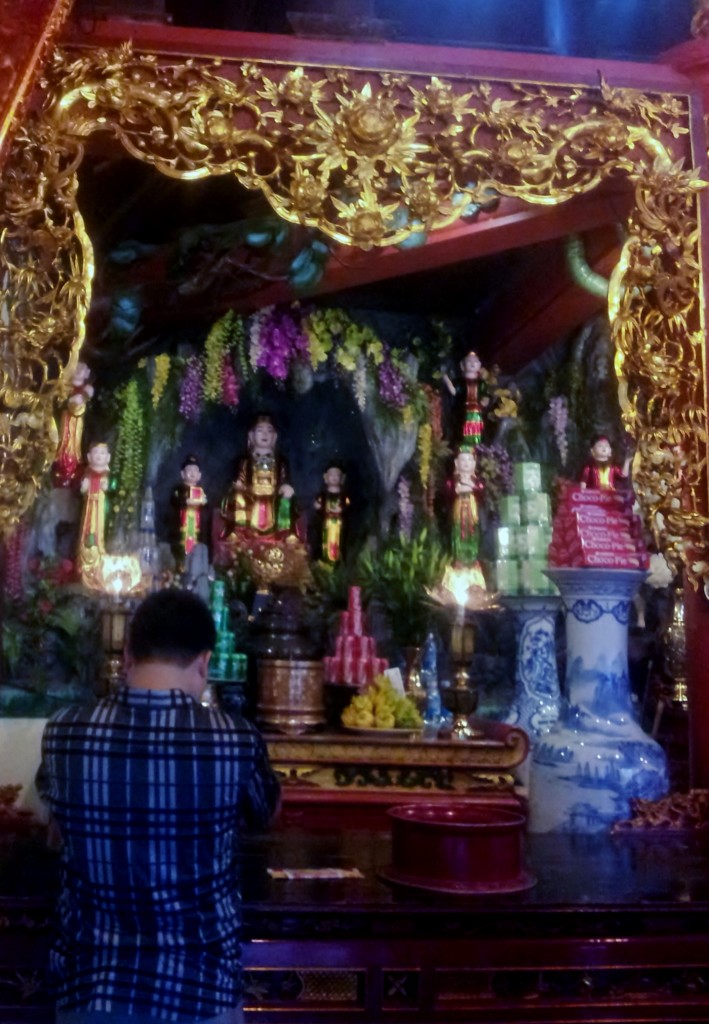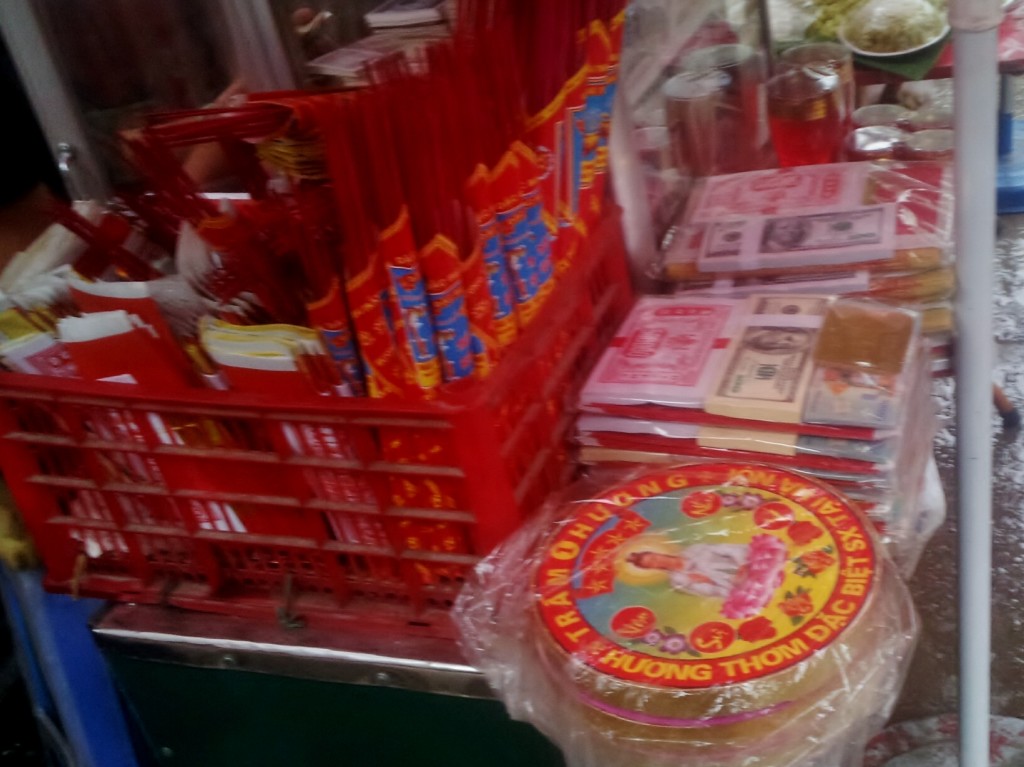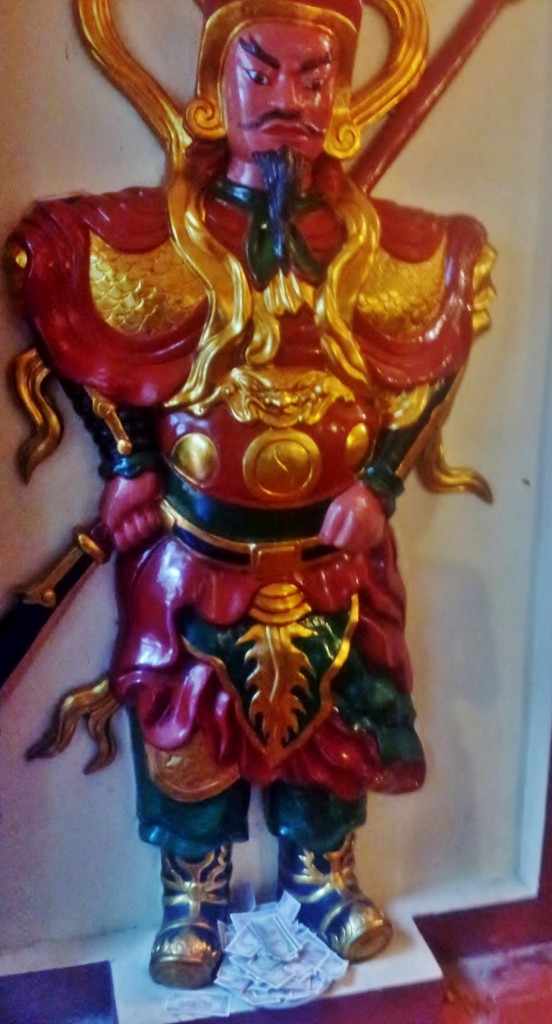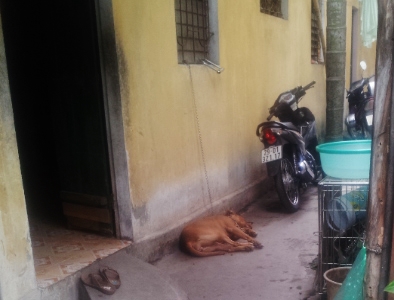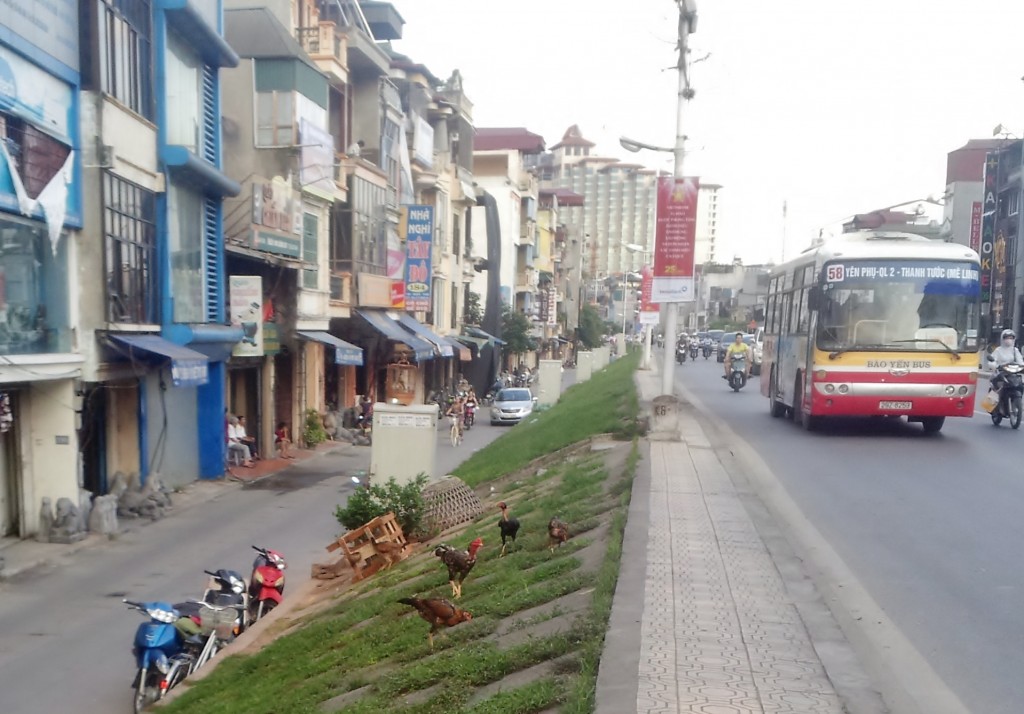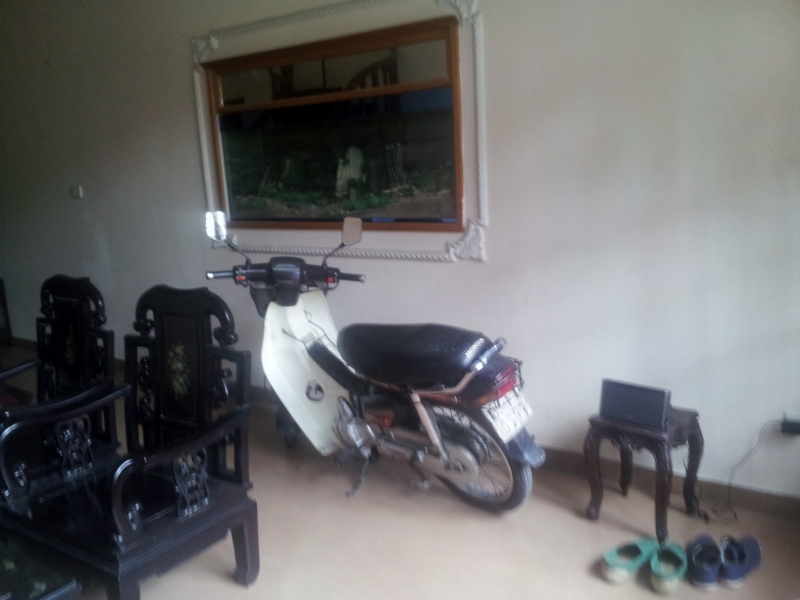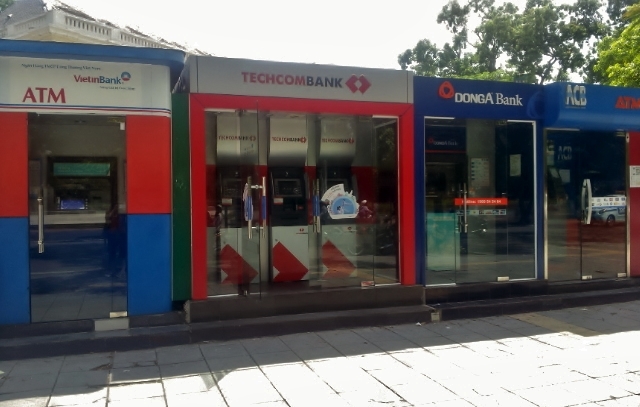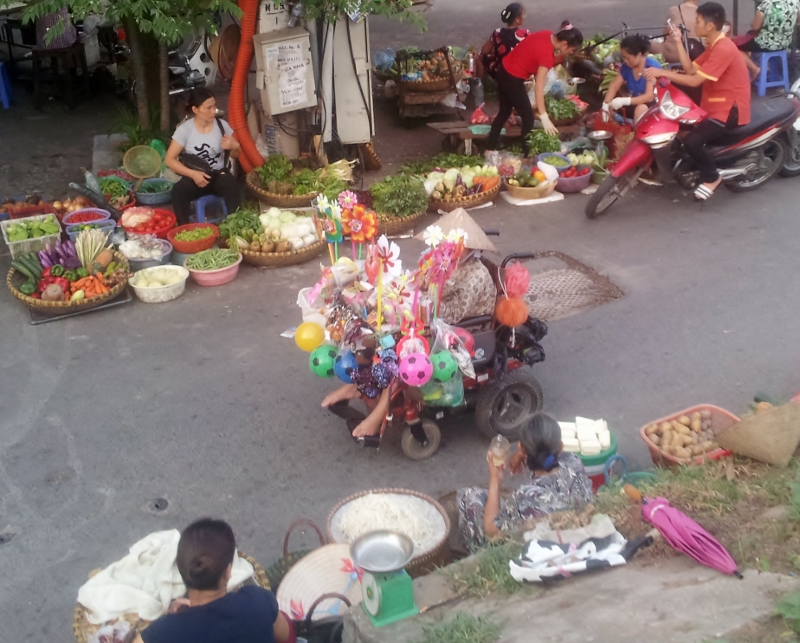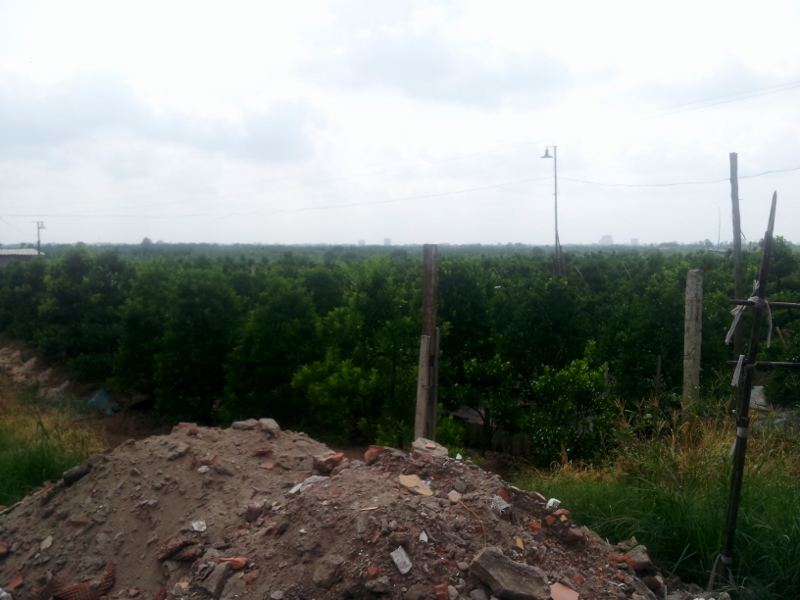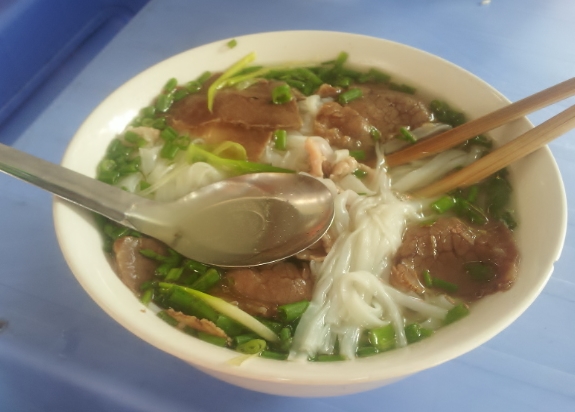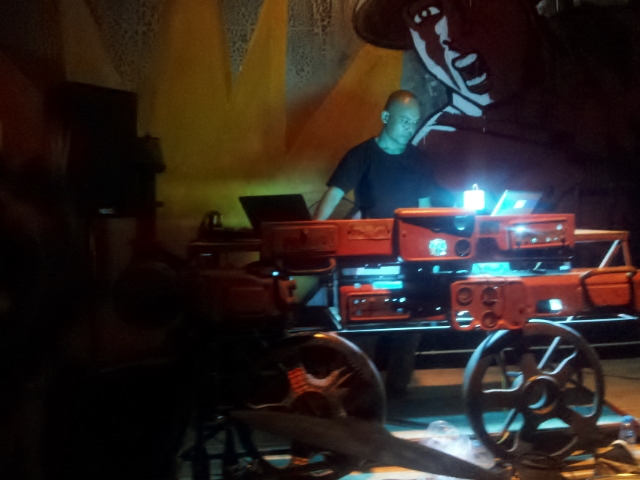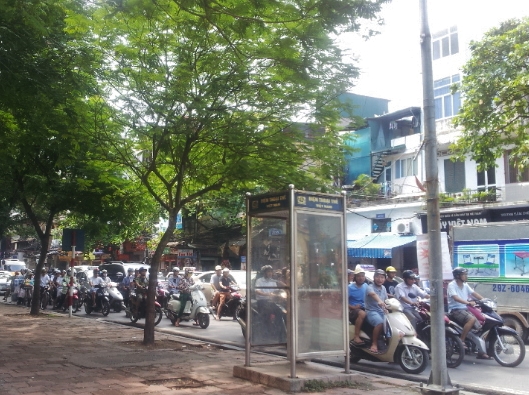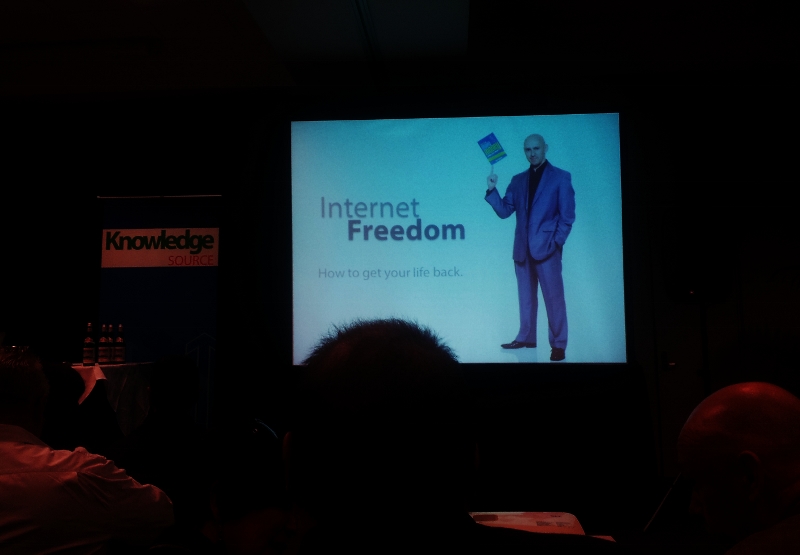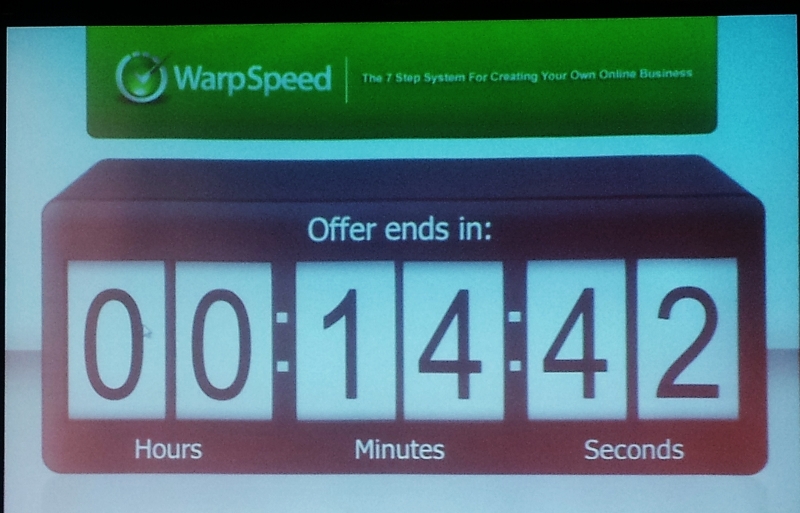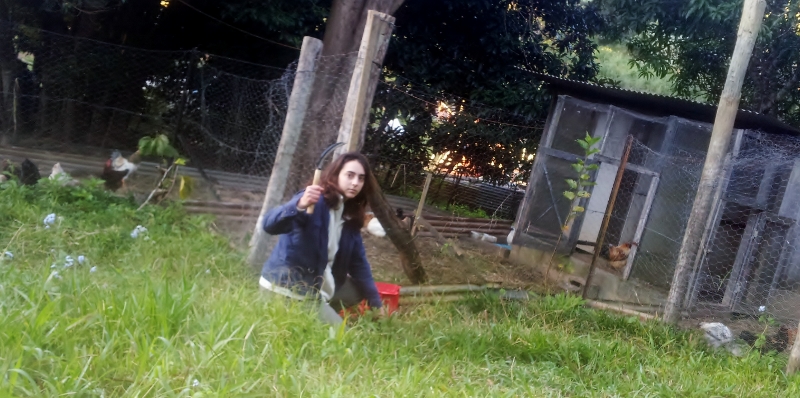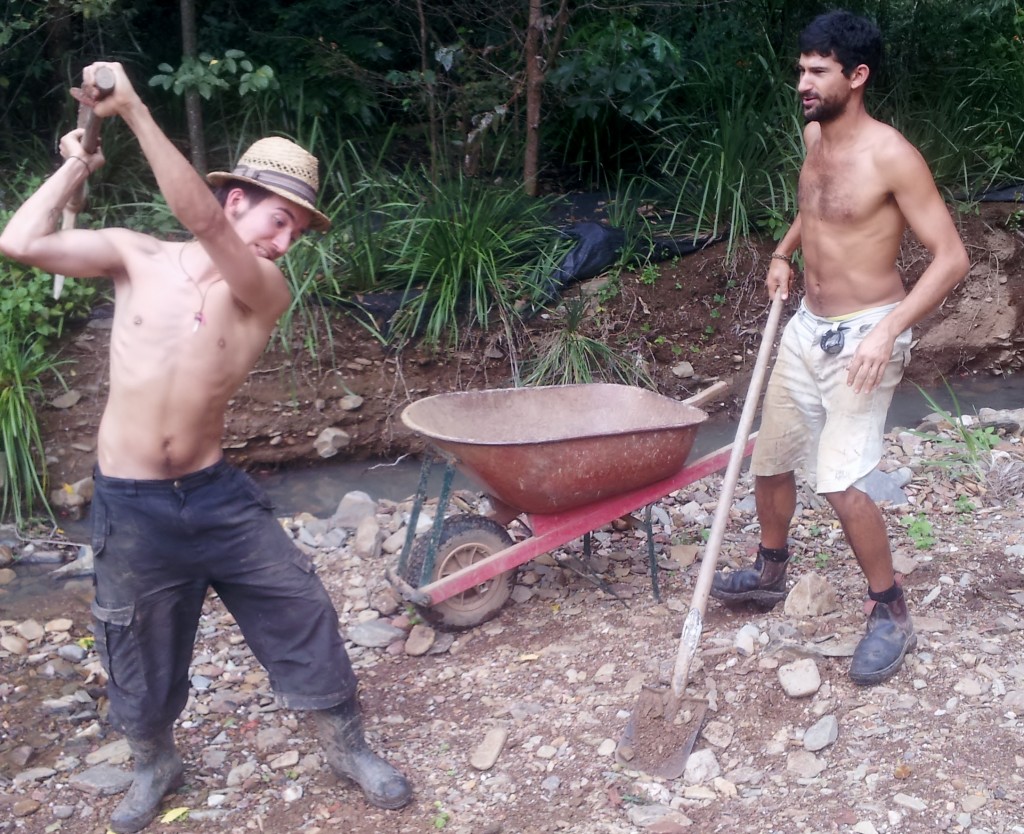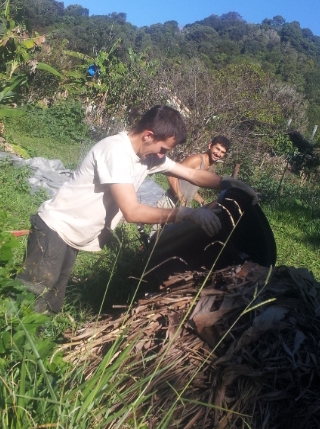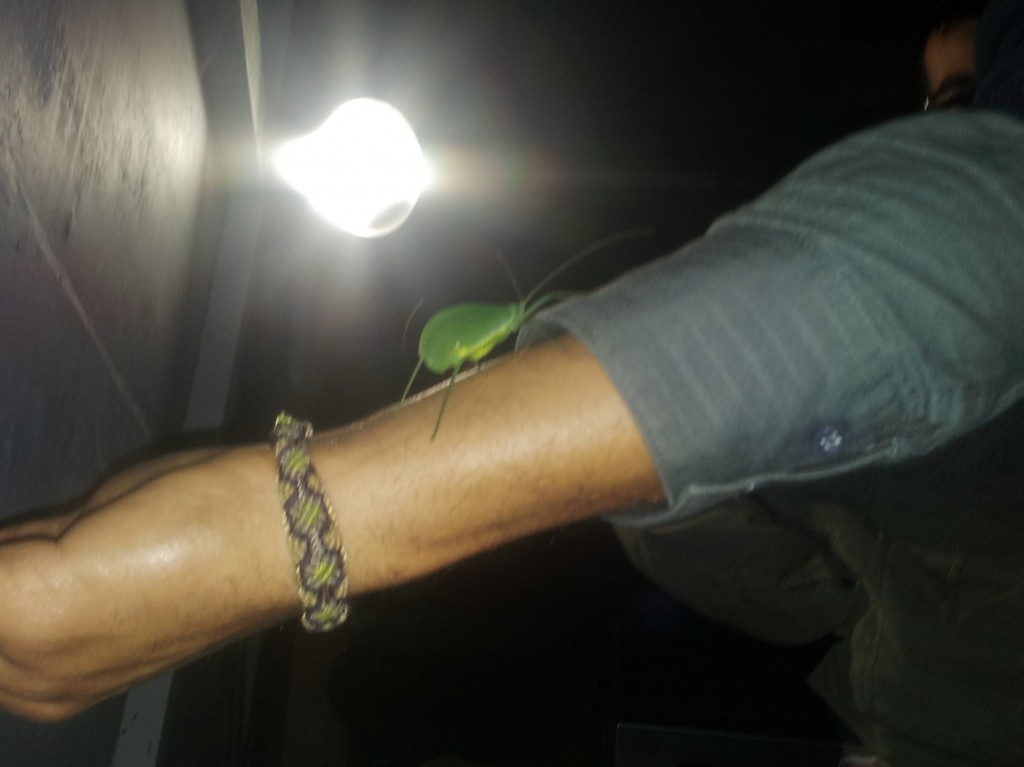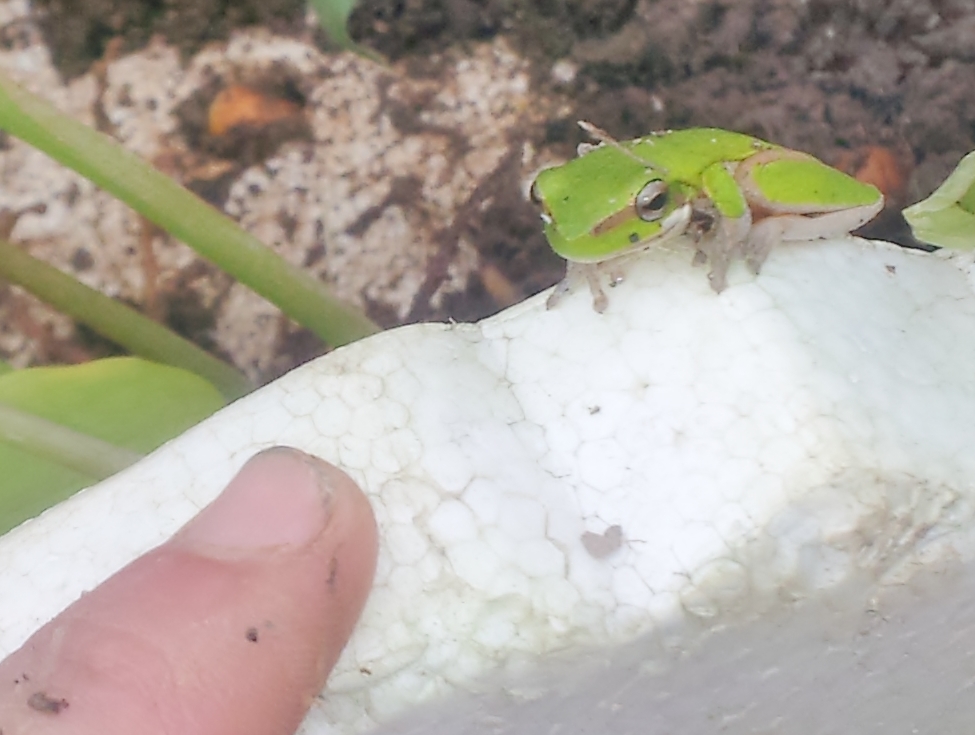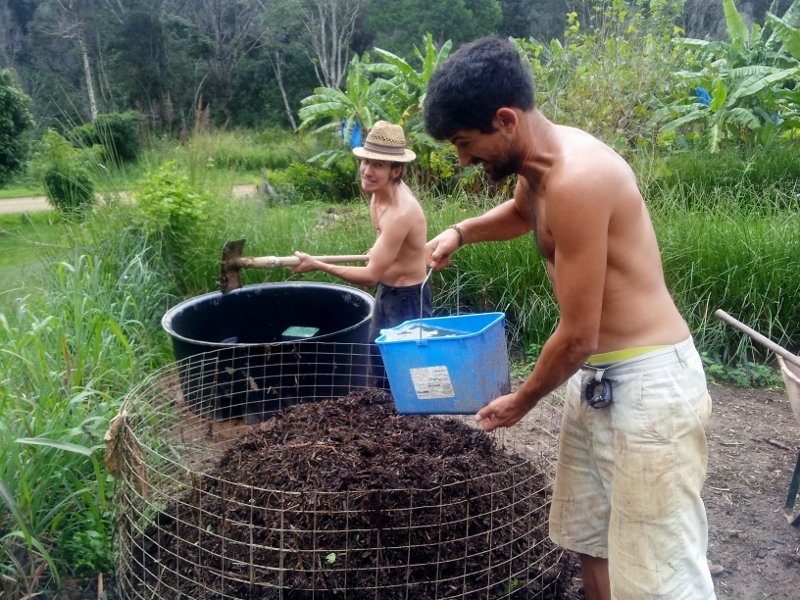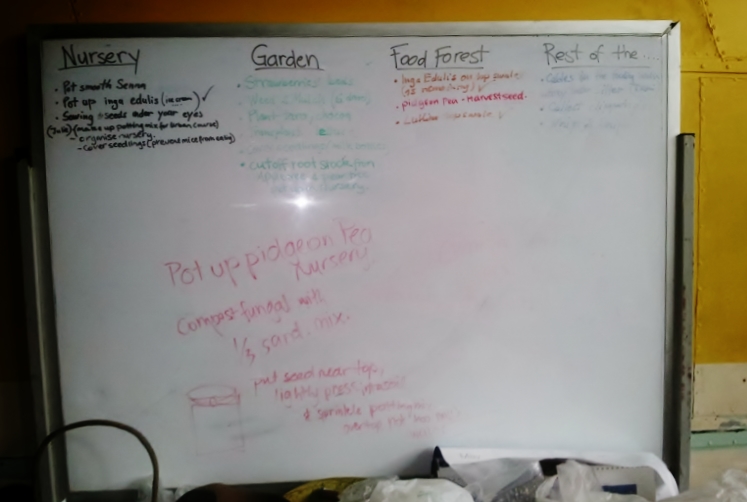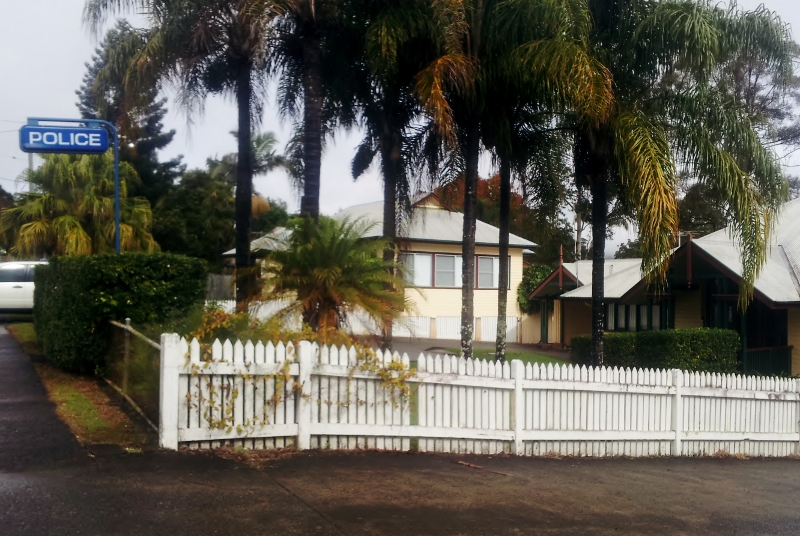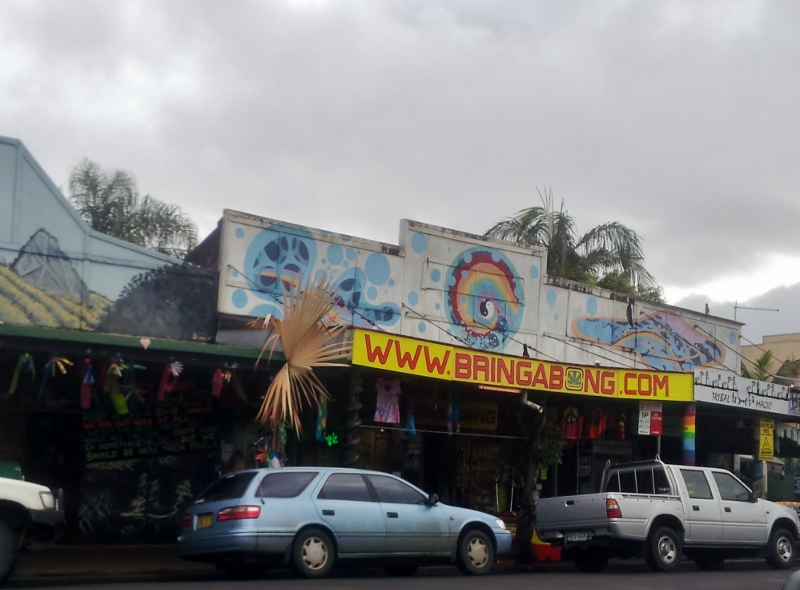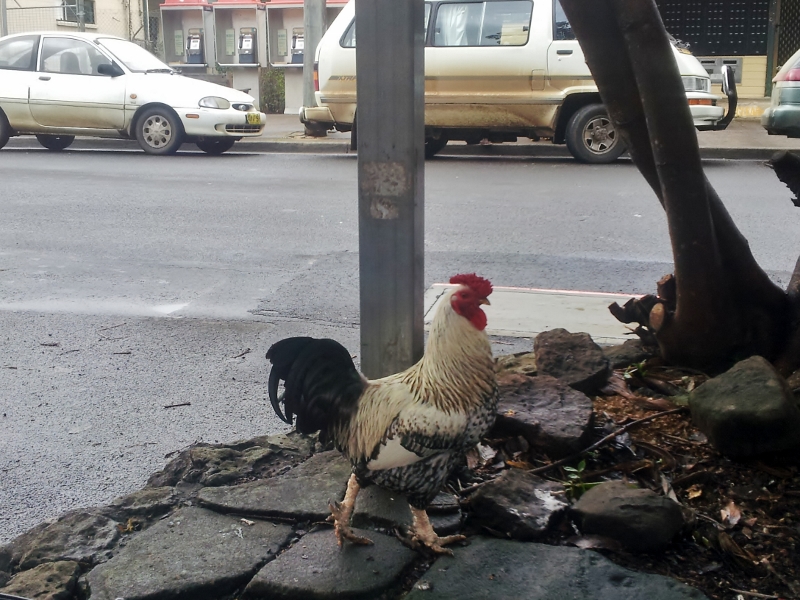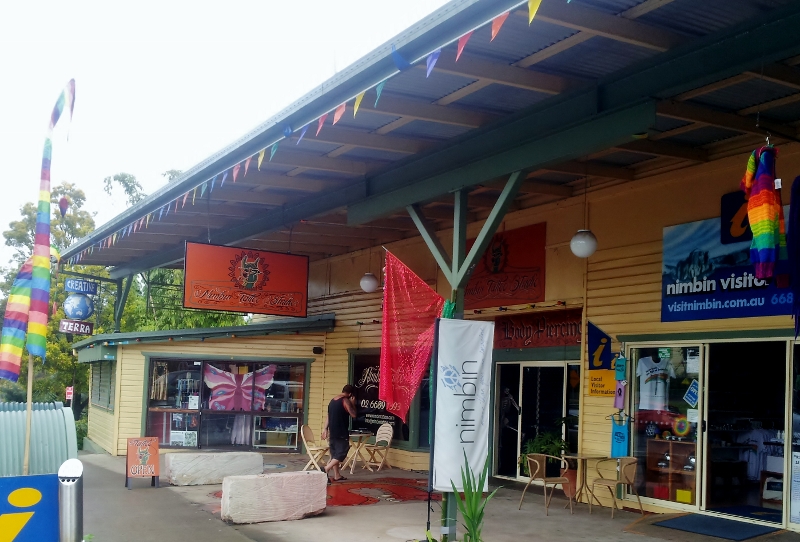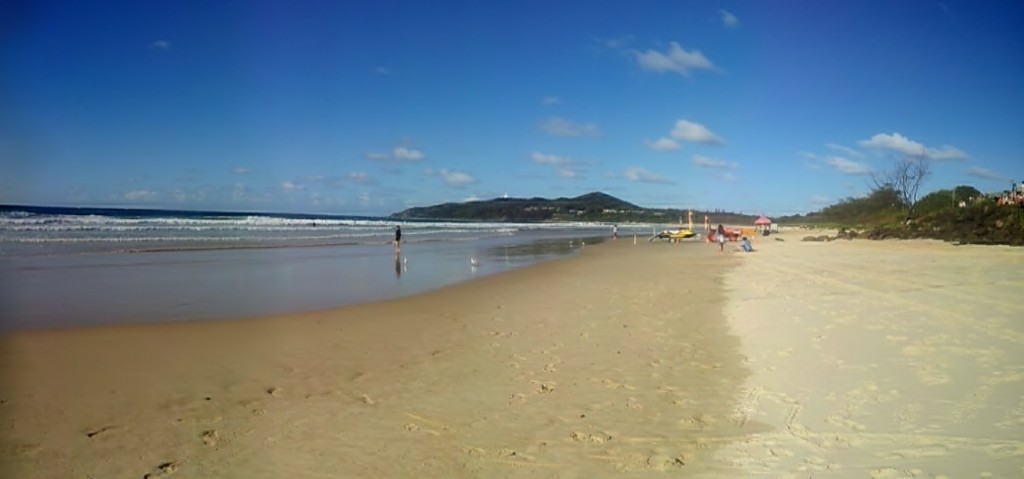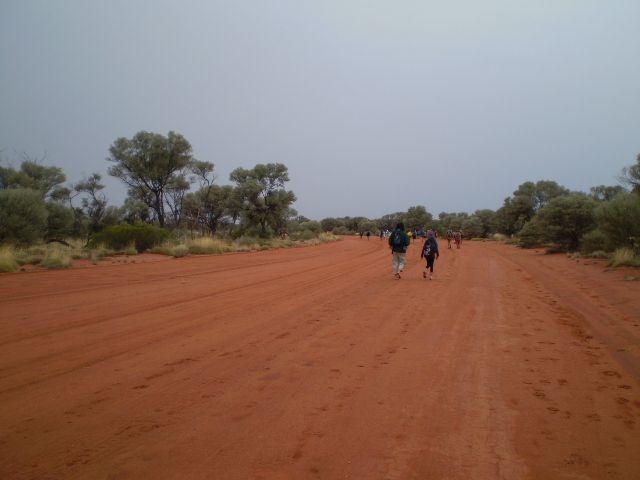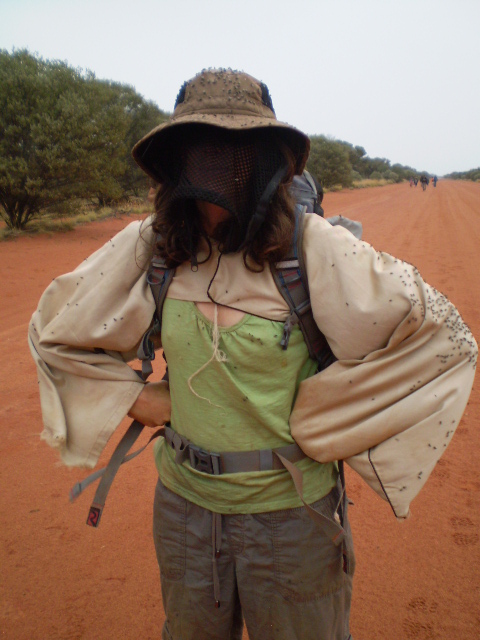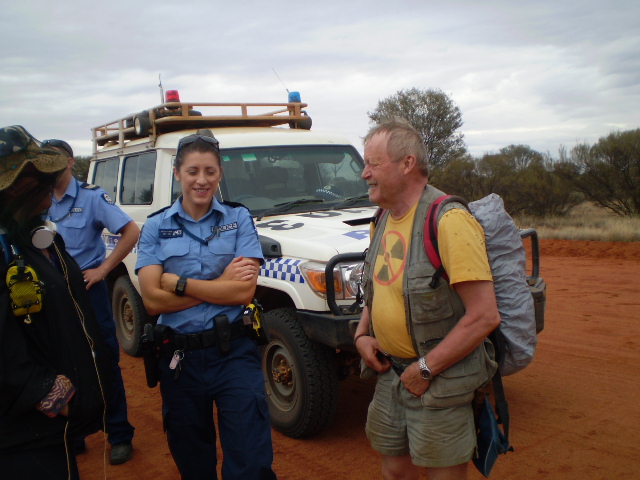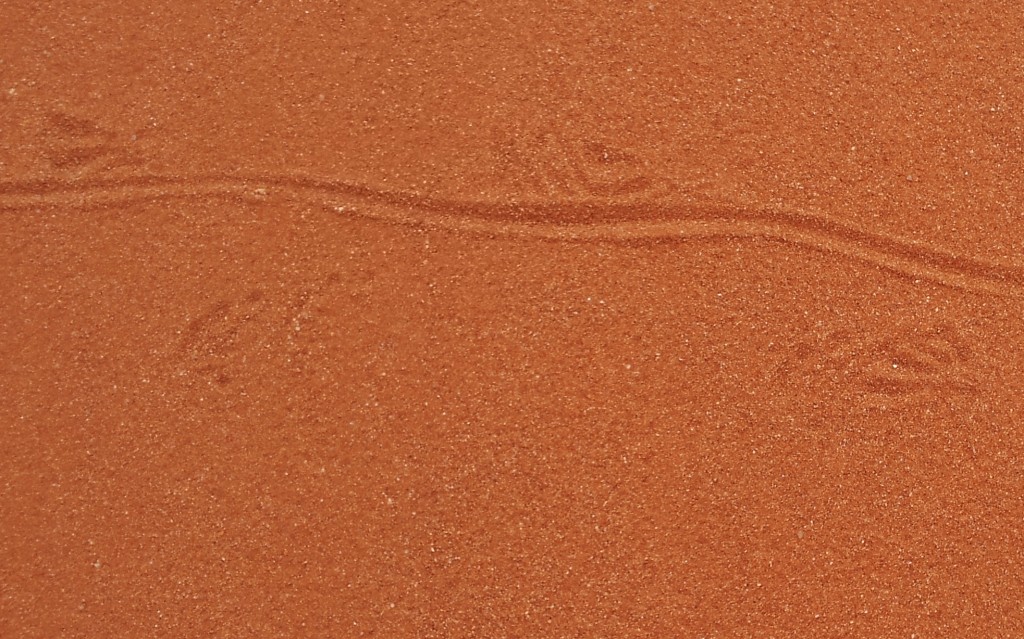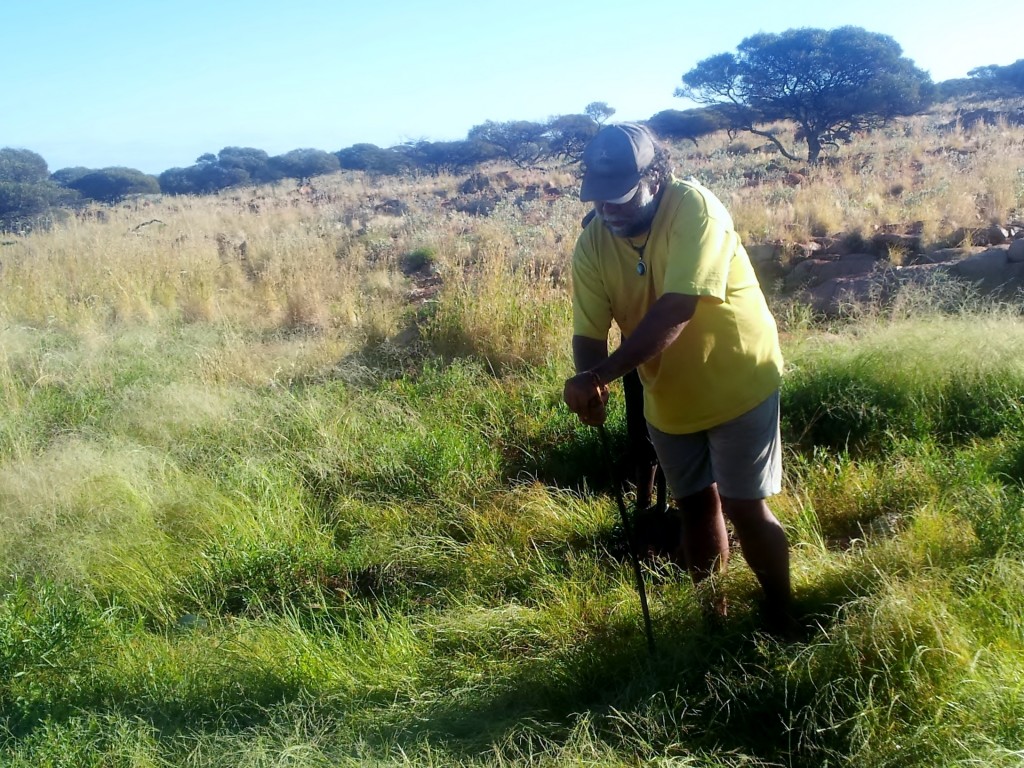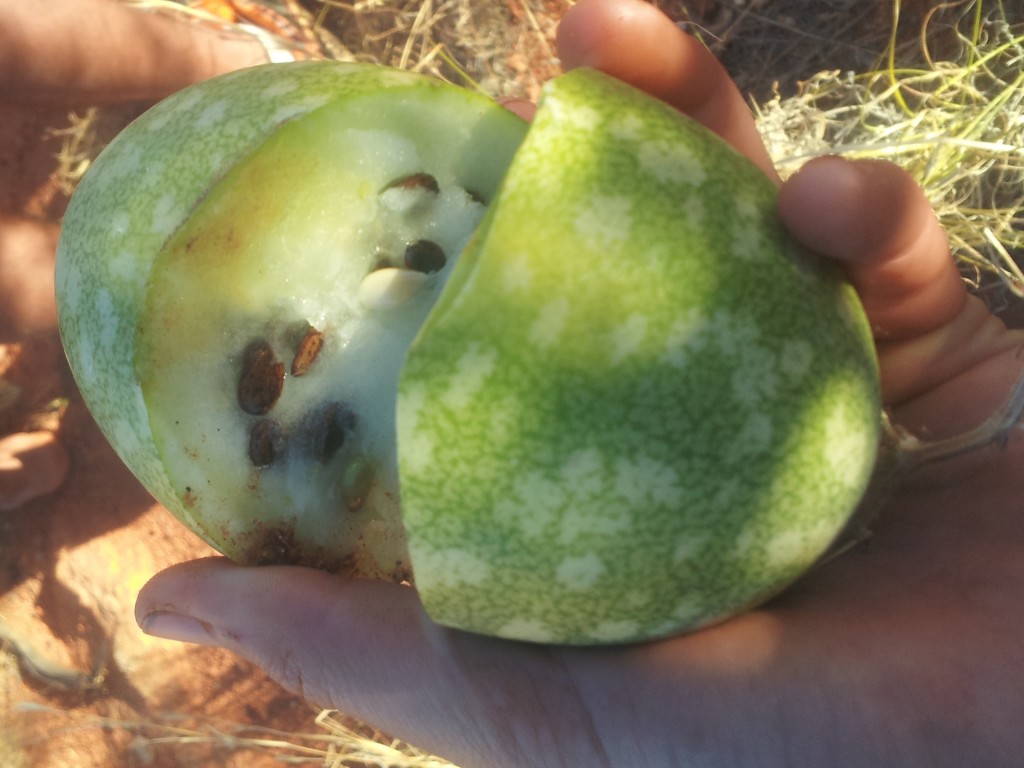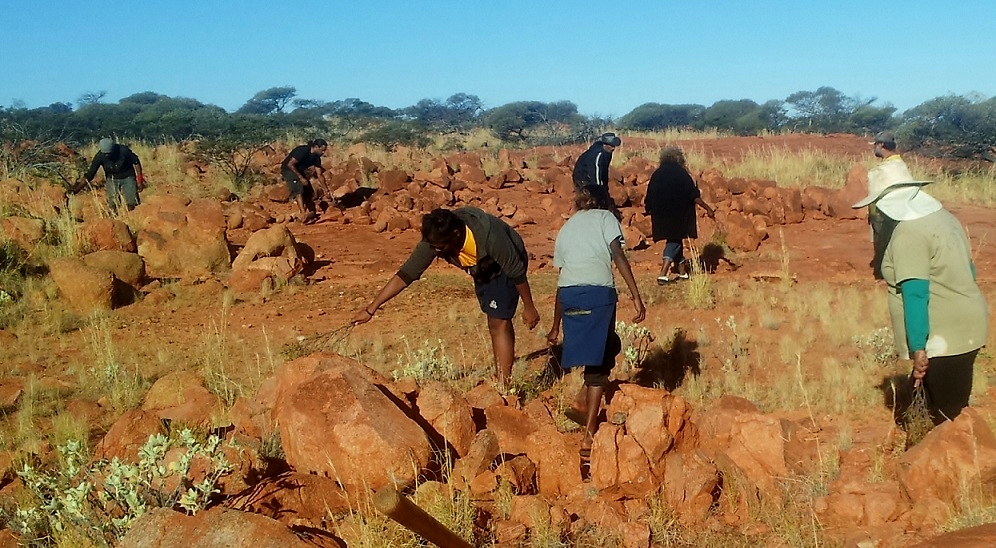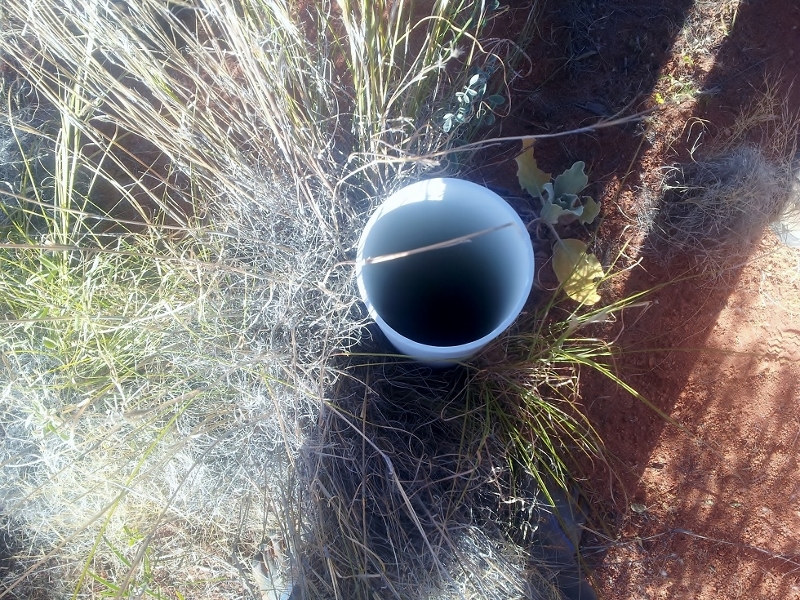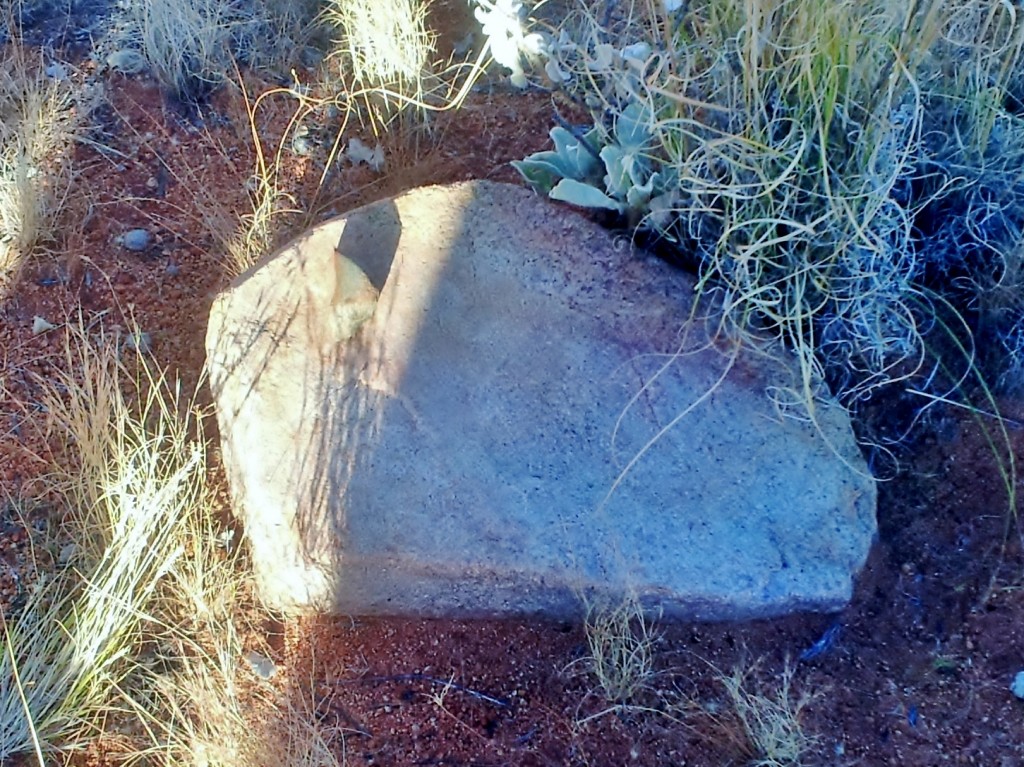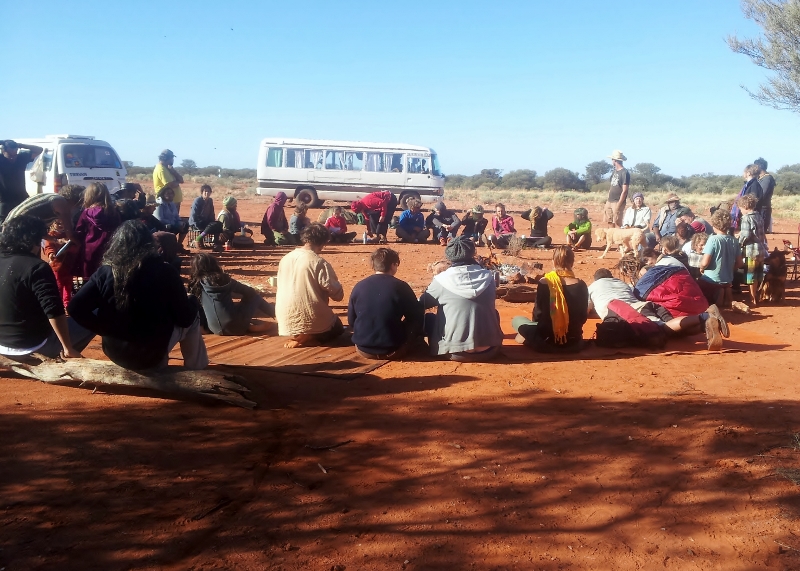On a short stopover in Bangkok I’ve decided it’s time to write about my encounters with the Thailand sex trade. I’m not sure I can make any sense of it but I’ll do my best.
Although prostitution in Thailand is illegal it is extremely wide spread in every touristic area. I’m not sure if this is only because the “high” season hasn’t started yet but right now the supply of sex workers seems to be much larger than the demand. This creates a very strange atmosphere in the prostitution areas (which include just about every club and pub or sidewalk outside a big hotel and many massage places with “extra” menus). Many prostitutes actually harass men that pass by them, grabbing at them and pinching them. My male friends reported that they are afraid to look around at a night club because the moment their eyes cross a sex worker’s she will immediately leech on to them thinking that they are interested. Unfortunately many women can relate to this feeling when going dancing anywhere else in the world.
I was wondering how I would be treated as a female walking down one of the main prostitution streets in Bangkok. In Amsterdam’s red light district I was constantly harassed by drunken tourists who had completely lost it after seeing some naked women standing in the windows. In Bangkok I felt completely safe. I was an over-privileged white women, no one even looked at me. Some Canadians who were talking to my guy friends about a “ping pong show” seemed slightly embarrassed by my presence.
We walked into many of the “go go” bars. Outside the bars women in some type of half-clad uniform were trying to beckon people to come in. Inside, those same women were standing on a stage with poles, but they weren’t pole dancing. They were moving their hips mechanically with zero enthusiasm and utter boredom. There were no men inside the club. The bartenders and managers were all older women. I would like to believe that the women are really managing the business but that would probably be naïve. The ‘system’ at the bar is paying for a “lady’s drink” which goes to the bar and then negotiating with the lady.
We also ventured into a “lady boy” club. “Lady Boys” or Kathoey in Thai are transsexuals, some of who have undergone sex change operations. Kathoey are much more visible in Thailand and socially accepted, many of them work at shops and restaurants yet still suffer from discrimination legally and socially. The “Lady Boy” club was completely different. The moment we entered 20 workers jumped at us and sat all around us making a crazy amount of noise. When they realized we weren’t going to buy any “Lady drinks” they disappeared and one of them even tried to shoo us away. The ladies on the stage were dancing much more enthusiastically and constantly checking how they looked in the mirrors around the club, fixing their clothing and hair which was much fancier than the women in the other clubs. Some of them were utterly gorgeous and it seemed to me they were enjoying their bodies which they had worked very hard to get.
The most distressing part for me was seeing very young women. It’s true that it is very hard to tell with Asians but I’m pretty sure at least some of the workers were underage. I guess the interesting upside for me was seeing representations of all the various body types, fat, thin, old, tall or short. The Hollywood “one women to fit them all” hasn’t yet taken hold and since this is a market governed by supply and demand I guess this means that when men are free to choose what they want they don’t all want the same thing.
In general I’m not against the sex trade. I would rather strengthen sex workers, care for their health and erase the “stigma” society sticks to them than drive them to the underground where pimps rule. I obviously don’t know enough to make any real judgment about the Thai sex trade but the power dynamics and the freedom sex workers seemed to have (negotiating their own price and saying no to customers they don’t want) gave me some semblance of hope. Yet the bottom line remains, mixing so much sex and money leaves room for so little sexy.

